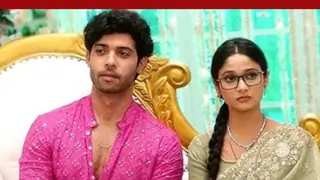I don't think it necessarily is true that female audiences don't support female stars. But, there is a combination of factors ranging from consumption patterns to social structures - some patriarchal and some not.
I'll use the example of Charlie's Angels. Both the original series and the 2000s movies were well-received hits. No one ever had any qualms about pretty women who also did insane action. No one ever raised an eyebrow questioning if Lucy Liu was a diversity hire.
Charlie's Angels was created for the male gaze. The three angels were always sexualized. There were always eye candy sequences that fit in for the sole purpose of titillation. As long as a male fantasy was being fulfilled they didn't care as much about other aspects.
When the Charlie's Angels reboot decided to actively dismiss the male gaze, it immediately lost a majority of its audience base. Men no longer were interested in the film. And some went out of their way to find flaws like the action being unrealistic or the casting being too woke/diverse. Had the new movie also chosen to include some sort of skin show to titillate, some of the same folks who criticized the movie would have.
Meanwhile - it didn't draw as many female audiences. It is because women in general are not action movie fans and women don't go to the movies as much as men do. Part of the reasons behind this are patriarchal - women are conditioned to love romcoms and tend to have more responsibilities that limit leisure time. Part of the reason is just that - women as consumers simply behave differently.
I bet you - some of the same bros who trashed Charlie's Angels are raving about Cocaine bear based on just one trailer. (Elizabeth Banks is the director of both).
On the other hand, the television industry is ruled by the female demographic. One of HBO's biggest successes was Sex and the City which became a cultural icon. Channels like Hallmark and Lifetime exist to serve the female demographic. Women are behind the explosion of true crime on streaming. Women in general prefer television - it is easier for women with kids or caretaking responsibilities to watch content at home and in certain regions women feel safer watching content at home than going to the movies.
You have to package your content correctly for audiences. If you want to have a female-led movie perform well at the box office - either make it universally appealing like Wonder Woman or don't hesitate to cater to kitsch and the male gaze. Bring it On addresses so many issues like cultural appropriation, white fragility, and class barrier - but no one feels like they are being preached to because it doesn't shy away from the sexy cheerleader stereotype either. If you're unwilling to create box office appeal - a streaming show or TV movie might be the way to go.































2